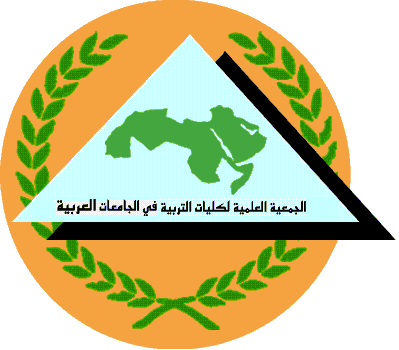Association of Arab Universities Journal for Education and Psychology

Abstract
هدفت الدراسة إلى تحديد احتياجات التطور المهني التربوية والثقافية لمعلمي ومعلمات الرياضيات في مراحل التعليم العام في ضوء متطلبات رؤية المملكة 2030، ومعرفة وجود أو عدم وجود فروق ذات دلالة إحصائية في تحديد تلك الاحتياجات تعزى لمتغيري النوع (معلم – معلمة)، والمرحلة الدراسية (ابتدائية – متوسطة- ثانوية)، أو للتفاعل بينهما، ولتحقيق أهداف الدراسة قام الباحث بتحليل رؤية المملكة 2030، وإعداد استبانة في ضوء نتائج التحليل، ثم تطبيق الاستبانة على عينة الدراسة البالغ عددها (735) معلماً ومعلمة، وخلصت الدراسة إلى أن هناك العديد من احتياجات التطور المهني التربوية والثقافية لدى معلمي ومعلمات الرياضيات في مراحل التعليم العام؛ ومتوسط تلك الاحتياجات بلغ في المجال التربوي (3.74) من (5)؛ بدرجة احتياج كبيرة، كما بلغ في المجال الثقافي (3.78) من (5)؛ بدرجة احتياج كبيرة أيضاً، كما خلصت الدراسة إلى عدم وجود فروق ذات دلالة إحصائية في تحديد الاحتياجات التربوية والثقافية تعزى لمتغير النوع، بينما توجد فروق دالة إحصائياً في تحديدهما تعزى لمتغير المرحلة الدراسية؛ لصالح المرحلة الثانوية مقابل المرحلة الابتدائية، أما بالنسبة للتفاعل بين متغيري النوع والمرحلة الدراسية فلا توجد فروق في تحديد تلك الاحتياجات تعزى للتفاعل بينهما، وأوصت الدراسة بتصميم وتنفيذ برامج تدريب مهنية مبنية على احتياجات التطور المهني التربوية والثقافية التي توصلت إليها الدراسة.
The study aimed at identifying the educational and cultural professional development needs for math teachers in the public education stages in light of the requirements of Saudi Arabia Vision 2030.
To achieve the study's objectives, the researcher analyzed the Kingdom's vision 2030, prepared a questionnaire in light of the analysis results, and then applied the questionnaire to the study sample which consisted of (735) male and female teachers.
The study achieved the conclusion that there were several educational and cultural professional development needs for math teachers, and that the average of these needs was considerable in both educational and cultural fields. In addition, the study also revealed that there were no statistically-significant differences in identifying the educational and cultural needs that are attributable to gender variable (male teacher, female teacher), while there were statistically-significant differences in identifying them that are attributable to educational stage variable (primary, intermediary, secondary) in favor of the secondary education stage versus the primary education stage. Regarding the interaction between gender and education stage variables, there were no differences in identifying those needs that are attributable to the interaction between them
Recommended Citation
الشيخي, هاشم سعيد
(2022)
"احتياجات التطور المهني لمعلمي ومعلمات الرياضيات في ضوء متطلبات رؤية المملكة العربية السعودية 2030. Professional Development Needs for Math Teachers in light of KSA Vision 2030 Requirements,"
Association of Arab Universities Journal for Education and Psychology: Vol. 17:
Iss.
2, Article 2.
Available at:
https://digitalcommons.aaru.edu.jo/aaru_jep/vol17/iss2/2

